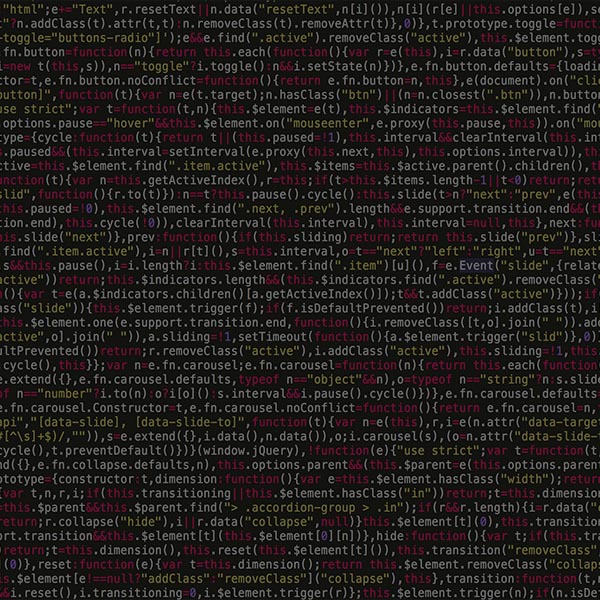Can We Agree?
One of the interesting ingredients for success in several current metadata projects is agreement across communities about what metadata are important for various use cases. In an earlier blog, I introduced the idea that metadata recommendations provide descriptions of which documentation concepts communities or organizations believe are important. These recommendations provide an opportunity to identify similarities and differences between community beliefs. We have collected recommendations from 10-20 organizations and communities as part of an NSF Project aimed at evaluating metadata collections in various dialects with respect to these recommendations.












 The content of this site is licensed under a
The content of this site is licensed under a